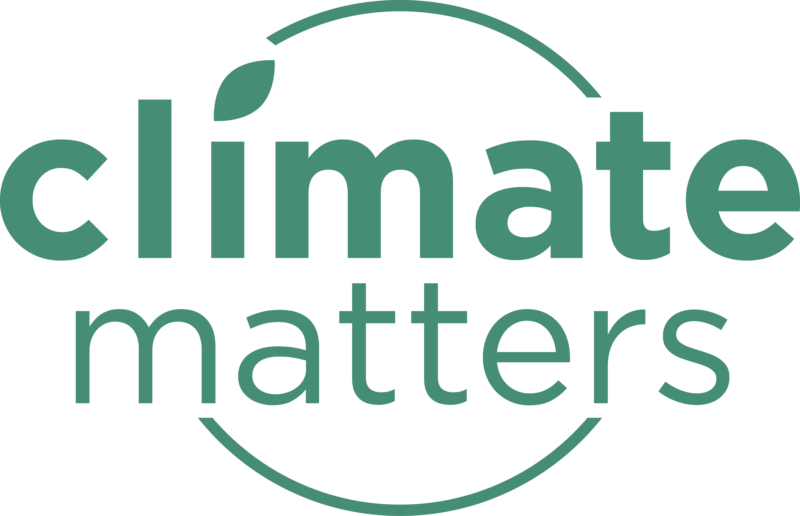Degrees and vulnerability – A personal account of climate activists at COP21
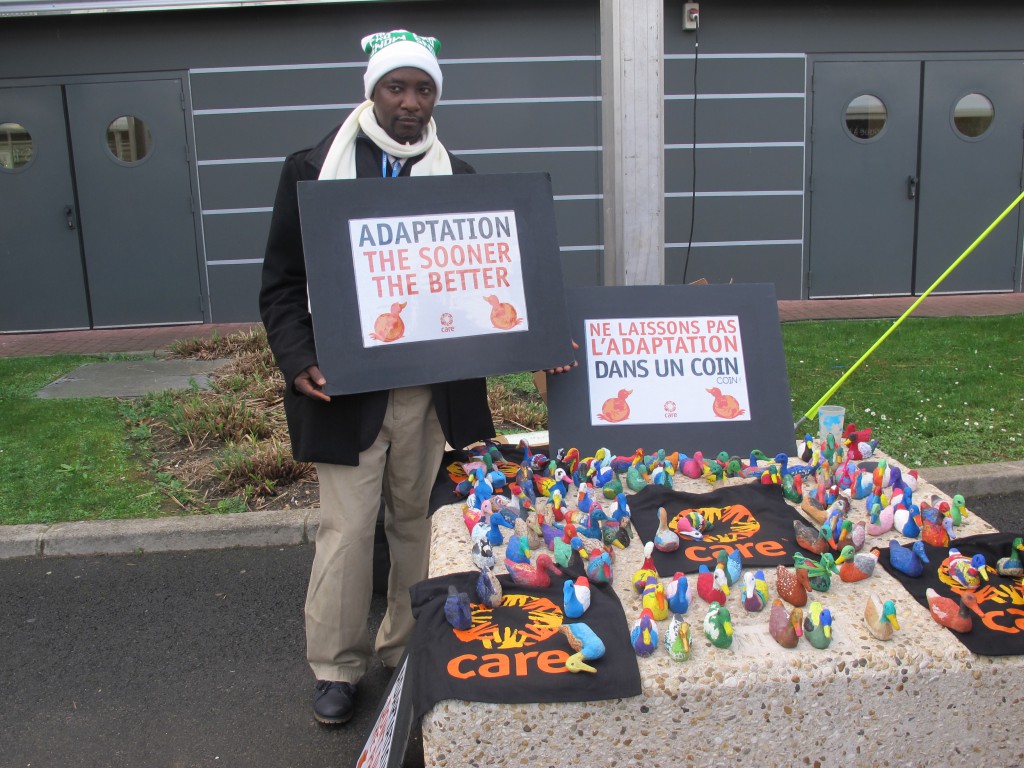
Monday morning the climate summit started with scores of state leaders arriving in their black cars, delegates and press mostly in hybrid shuttle buses. But Espace Générations Climat – the forum for all the non-accredited NGOs and activists, remained closed. They were not allowed to open until Tuesday, evidently for security reasons. The amount one has to pay […]
Ulysses in Paris – Climate narratives and avoiding the siren’s song
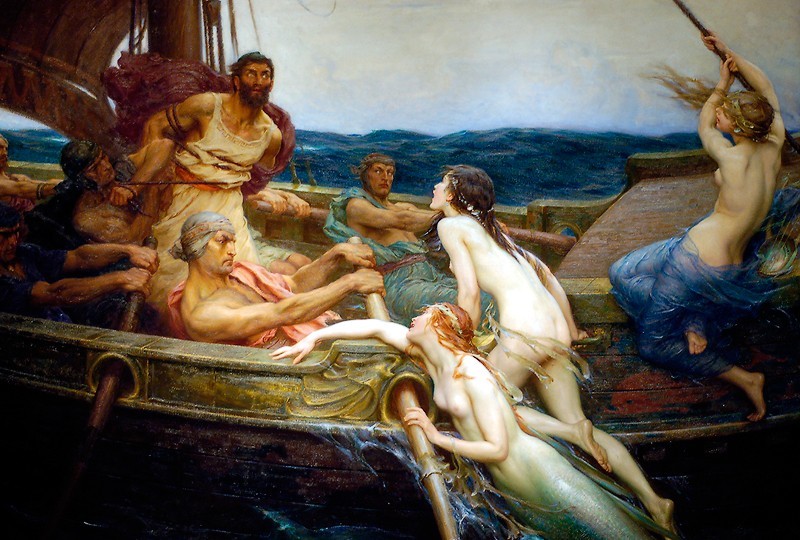
In the ancient mythical saga Ulysses, sirens were beautiful creatures with enchanting voices who would lure sailors to shipwreck on the rocky coast of their island with their sweet intoxicating music. Ulyses, curious to hear the the siren’s song, ordered his men to bind him to the mast. He implored the crew, who had their ears […]
Security measures and civil action: an analysis of media coverage at #COP21

The day after the Paris attacks, a state of emergency was declared in France. As a result, civil liberties were restrained and exceptional police powers were dedicated to regulating the movement and residence of the public. The state of emergency was promulgated by the French Assembly for a period of three months beginning on November […]
Degrees and vulnerability – personal account of the start of the summit
Monday morning the climate summit started with scores of state leaders arriving in their black cars, delegates and press mostly in electric shuttle buses. But Espace Générations Climat – the forum for all the non-accredited NGOs and activists, remained closed. They were not allowed to open until Tuesday, evidently for security reasons. The only demonstrators the delegates would see […]
Do the mainstream media tell the full story? A critical account of coverage at COP21
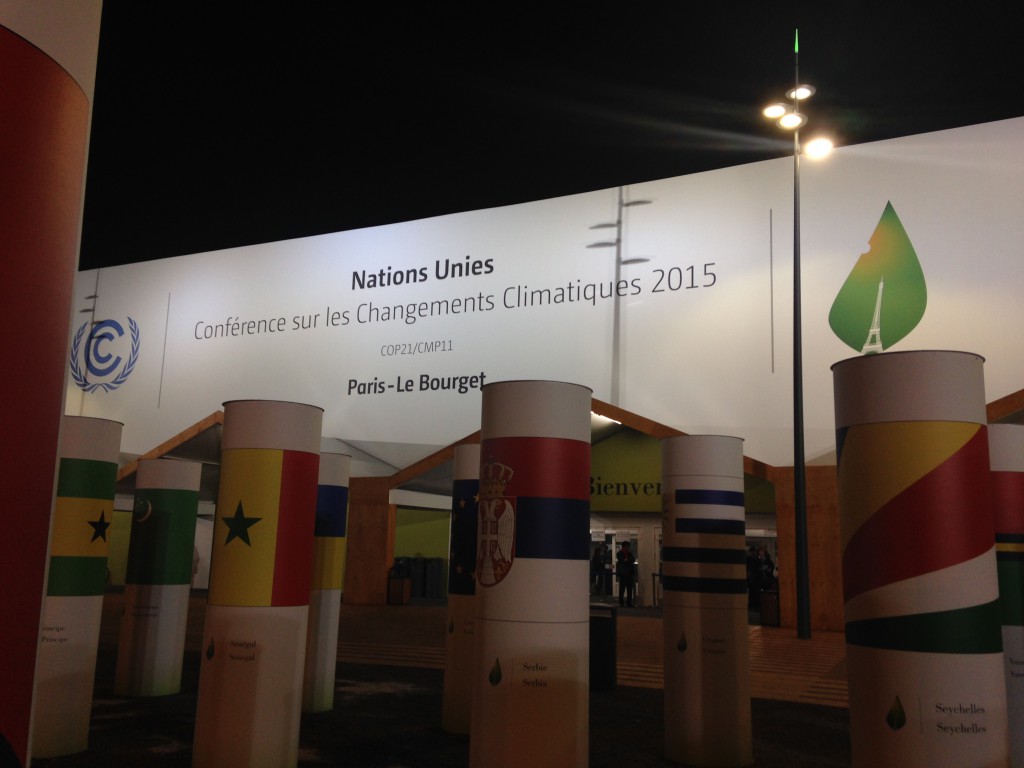
Do you need a ticket to COP21 in order to get the full story of what goes on? A week ago in Bilbao Spain, this provocative question was posed by Dr. Unai Pascual to a discussion group at the Basque Center for Climate Change. Unai’s question is an open one I’ve pondered in the lead up to the Paris […]
How data journalism is impacting the climate change debate
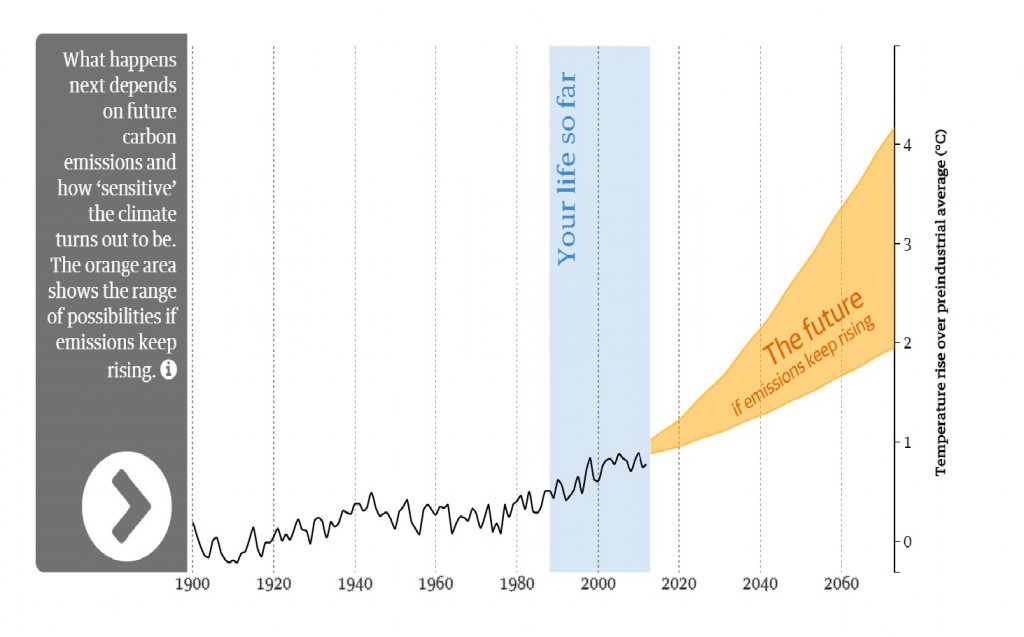
Climate conferences serve multiple purposes. Besides being important political events, they are also global media spectacles which push the topic of climate change to the top of political, scientific and public agendas. Scientific data is always at the heart of the way climate change is discussed. Whether it be weather records, measurement of greenhouse gasses in […]
Was the “failure” of the Copenhagen climate summit key to expected “success” in Paris?
Recently, a journalist asked me in passing – which was the best COP so far, which the worst? Honestly, I have not been a good observer of these meetings. All I know there were many and the next is #21. There was Copenhagen, sometimes labelled Hopenhagen by enthusiasts. It was COP15 and the year was […]
Paris Climate Summit – Media Summary – 30.11.2015 – New Zealand publications
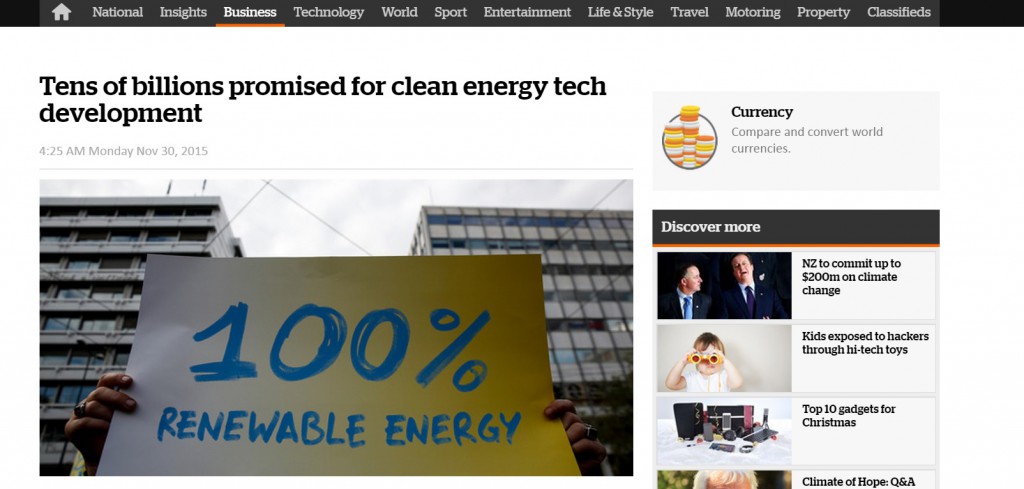
Today we briefly survey media coverage of the Paris summit from the two largest online news sites from this author’s homeland, New Zealand.
COP21: A new chance for common sense and common action?
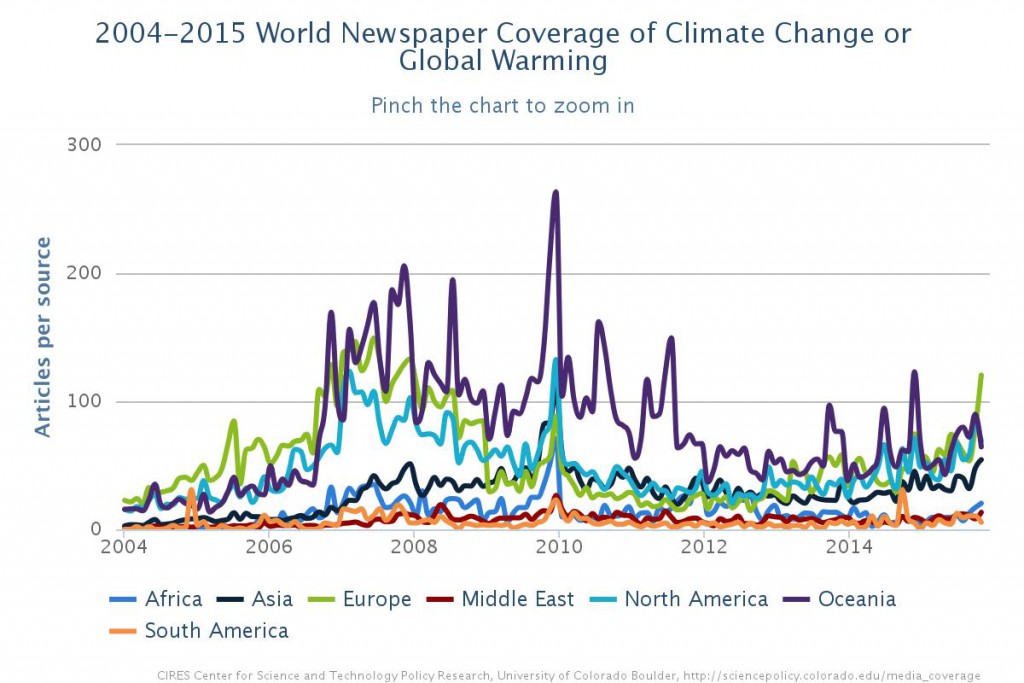
The 2015 United Nations Climate Change Conference opens in Paris today. This is the 21st ‘Conference of the Parties’ or COP since the United Nations Framework Convention on Climate Change (UNFCCC) was adopted at the Rio Earth Summit in 1992. Since then each year, without fail, governments have discussed when, where and how much to cut greenhouse […]
Paris Climate Summit – Media Summary – 29.11.2015 – The Guardian, New York Times, Sydney Morning Herald
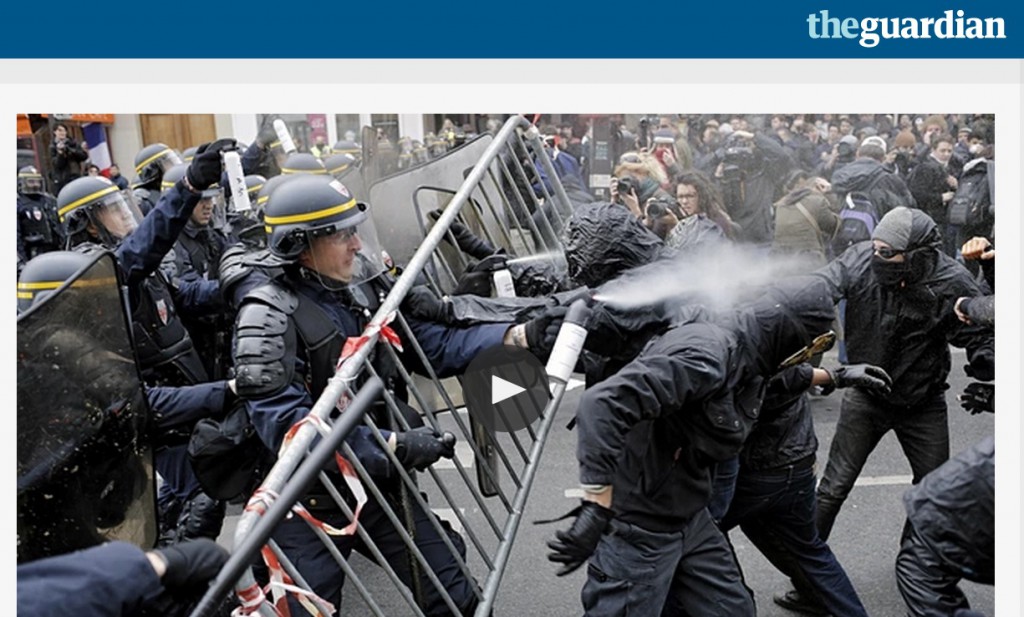
Here is a short overview of articles that were posted on 29 November in three major Western media outlets from the United Kingdom, The United States and Australia. This summary comes from The Guardian, New York Times and Sydney Morning Herald (online editions).
